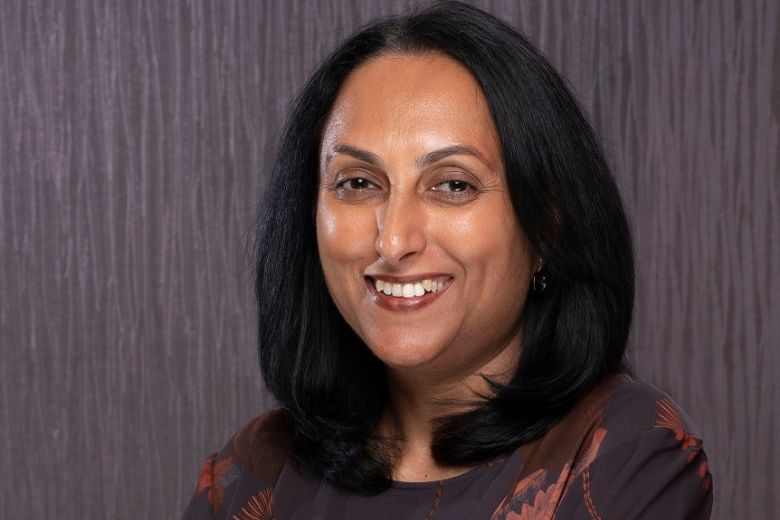Devanshi Sharma, Associate Director for Learning and Teaching, Global College, Heriot-Watt University Dubai
Soft skills, often overshadowed by technical expertise, play a pivotal role in preparing our youth for peaceful leadership in a globalised world. These skills, such as communication, teamwork, and cultural awareness, are not just personal attributes, but also key drivers of peace, development, and sustainable progress. Their universal applicability is especially crucial in diverse and dynamic regions like the UAE and the Middle East. In this article, Devanshi Sharma underscores the critical role of these soft skills in fostering peace and development and how educational institutions, as the custodians of youth development, can and should prioritise these skills in their programmes.
The Importance of Soft Skills
Soft skills, also known as people or emotional intelligence skills, enable individuals to interact well with others. Unlike hard skills specific to a job or task, soft skills can be applied universally and are transferrable between different spheres of life. According to the World Economic Forum’s The Future of Jobs Report 2020, some of the most critical abilities for the future workforce include critical thinking, problem-solving, and emotional intelligence.
Soft Skills in the UAE and the Middle East
The UAE, with its diverse population of over 200 nationalities, is a living testament to the need for robust soft skills. The fact that 88.5% of the population are expatriates underscores the significance of cultural sensitivity and efficient communication in maintaining social harmony and driving economic growth. The issue of youth unemployment, particularly in Arab states, is a societal challenge that can be effectively addressed by equipping youngsters with interpersonal traits. This not only improves their employability prospects but also shapes their leadership capacities, contributing to regional peace and growth.
The Role of Educational Institutions
Educational institutions have a pivotal role in developing soft skills among young people. It has been common for the traditional education systems to emphasise on hard skills and academic excellence though there is an increasing recognition for the need to balance this with soft skills training. Here are some ways educational institutions can prioritise soft skills in their programmes:
- Integrated Curriculum: Embedding soft skills training into the main curriculum. This may entail courses like communication, leadership, cultural studies, etc.
- Experiential Learning: Hands-on experiences such as internships, group projects, and community services help students develop soft skills.
- Inclusive Environment: Promote diversity by fostering an inclusive environment where students interact with people from different cultures.
- Professional Development: Offering workshops and seminars targeting soft skills development by inviting industry practitioners and specialists who can share real-life lessons.
- Mentorship Programmes: Have programmes where experienced mentors provide guidance and stewardship on personal relationships and leading qualities.
The influence of soft skills on peace and development
The development of soft skills has a profound impact on peace and development. Good communication and teamwork are needed to resolve conflicts and build consensus effectively, whether in personal relationships or wider societal contexts. Cultural awareness promotes social cohesion and peaceful coexistence through mutual respect that nurtures understanding.
For example, in the UAE, initiatives such as the National Program for Happiness and Wellbeing underscore the importance of soft skills in creating a positive and collaborative society. The UAE Vision 2021 aims to develop a competitive knowledge economy in which soft skills play an important role. On a broader scale, the United Nations’ Sustainable Development Goals (SDGs) emphasise quality education (Goal 4) as well as peace, justice, and strong institutions (Goal 16). This means that by advancing soft skills in the education process, countries can make significant strides towards achieving these goals.
As we celebrate World Youth Skills Day, let us acknowledge the power of soft skills in preparing our youth for peaceful leadership in a globalised world. With their diverse populations and unique challenges, the UAE and the Middle East stand to benefit immensely from an increased focus on these skills. Educational institutions have a crucial role to play, and by integrating soft skills training into their programmes, they can equip young people with the tools they need to thrive in an interconnected world. Developing soft skills will ultimately contribute to a more peaceful, inclusive, and prosperous future for all.
















